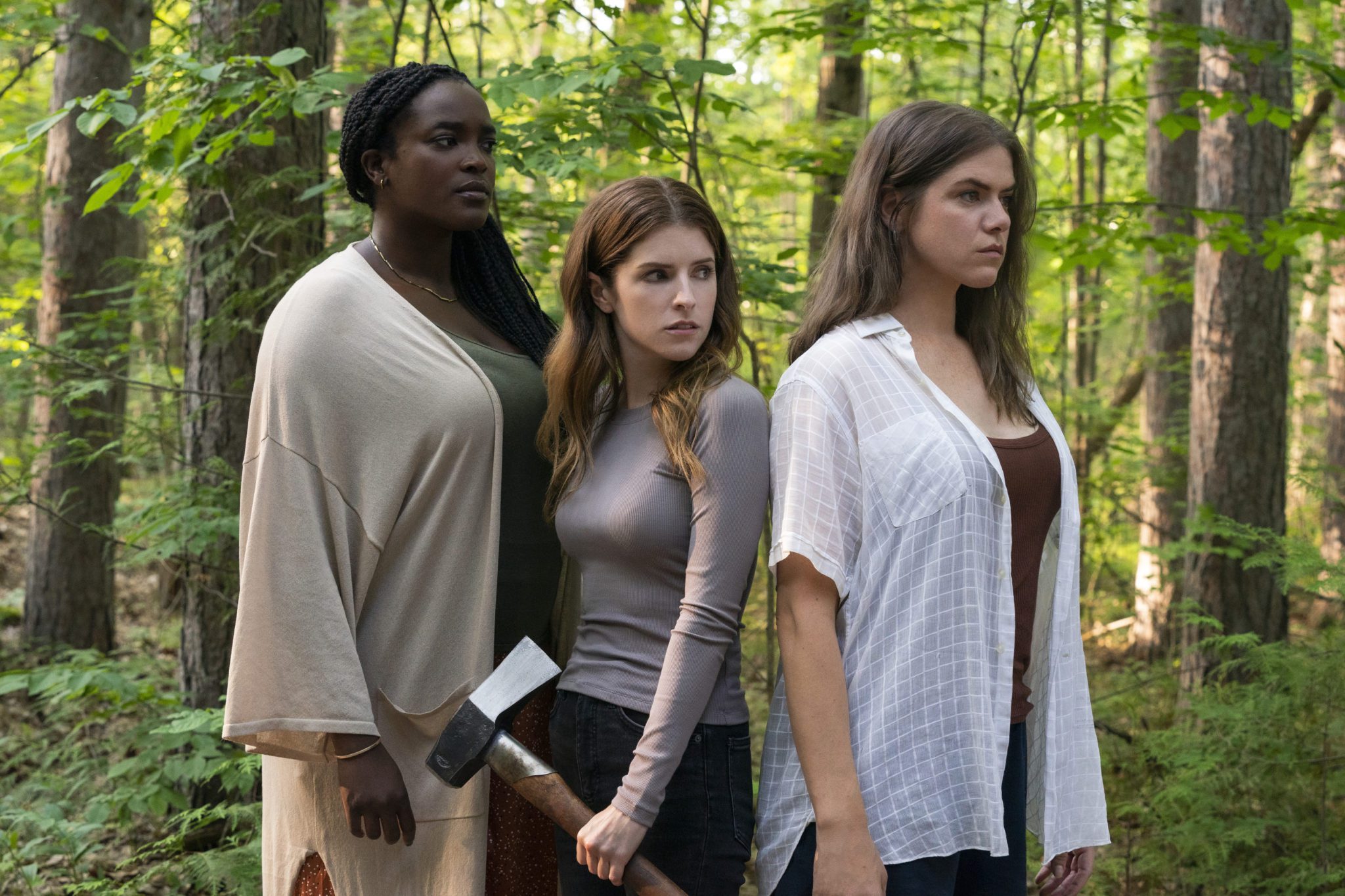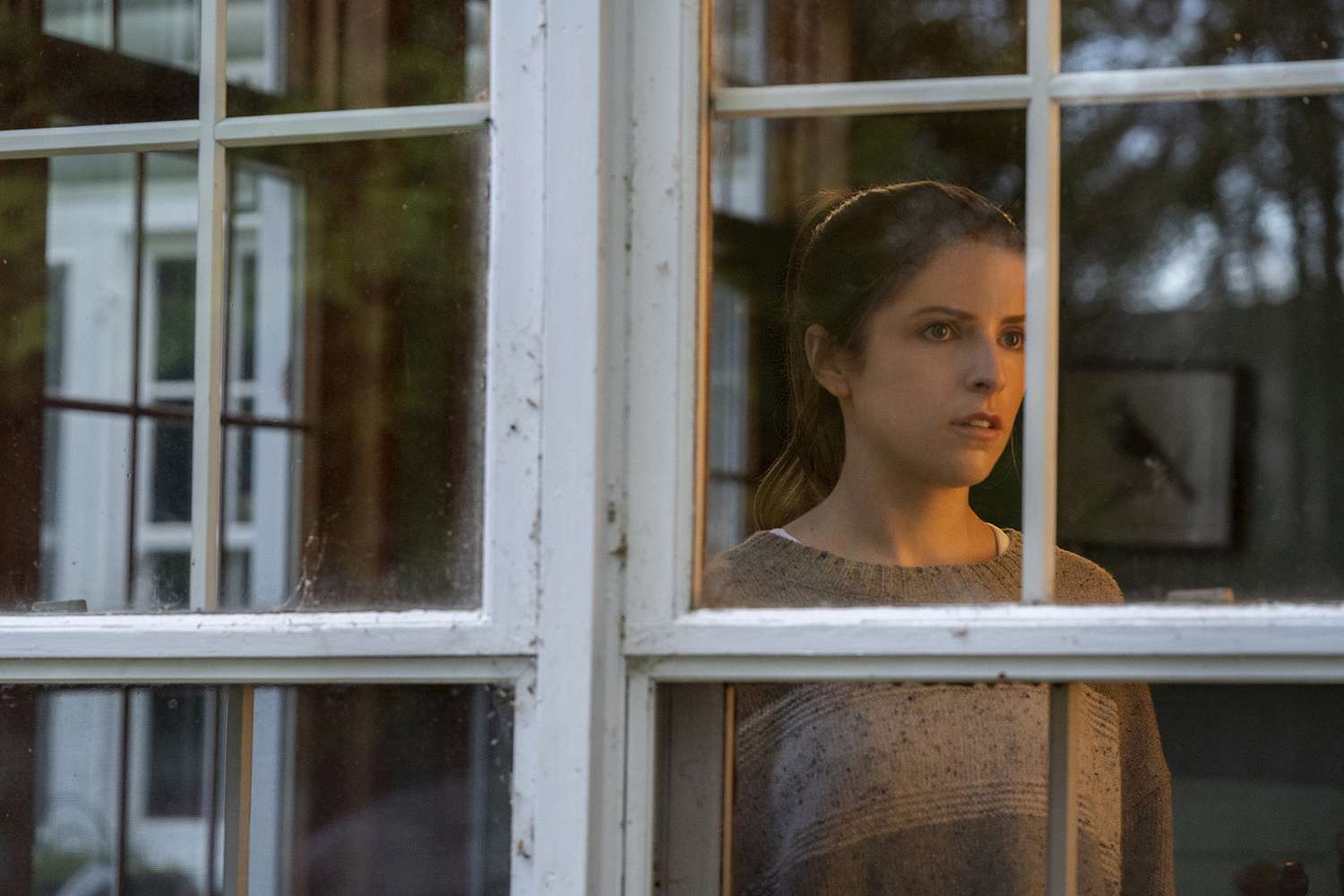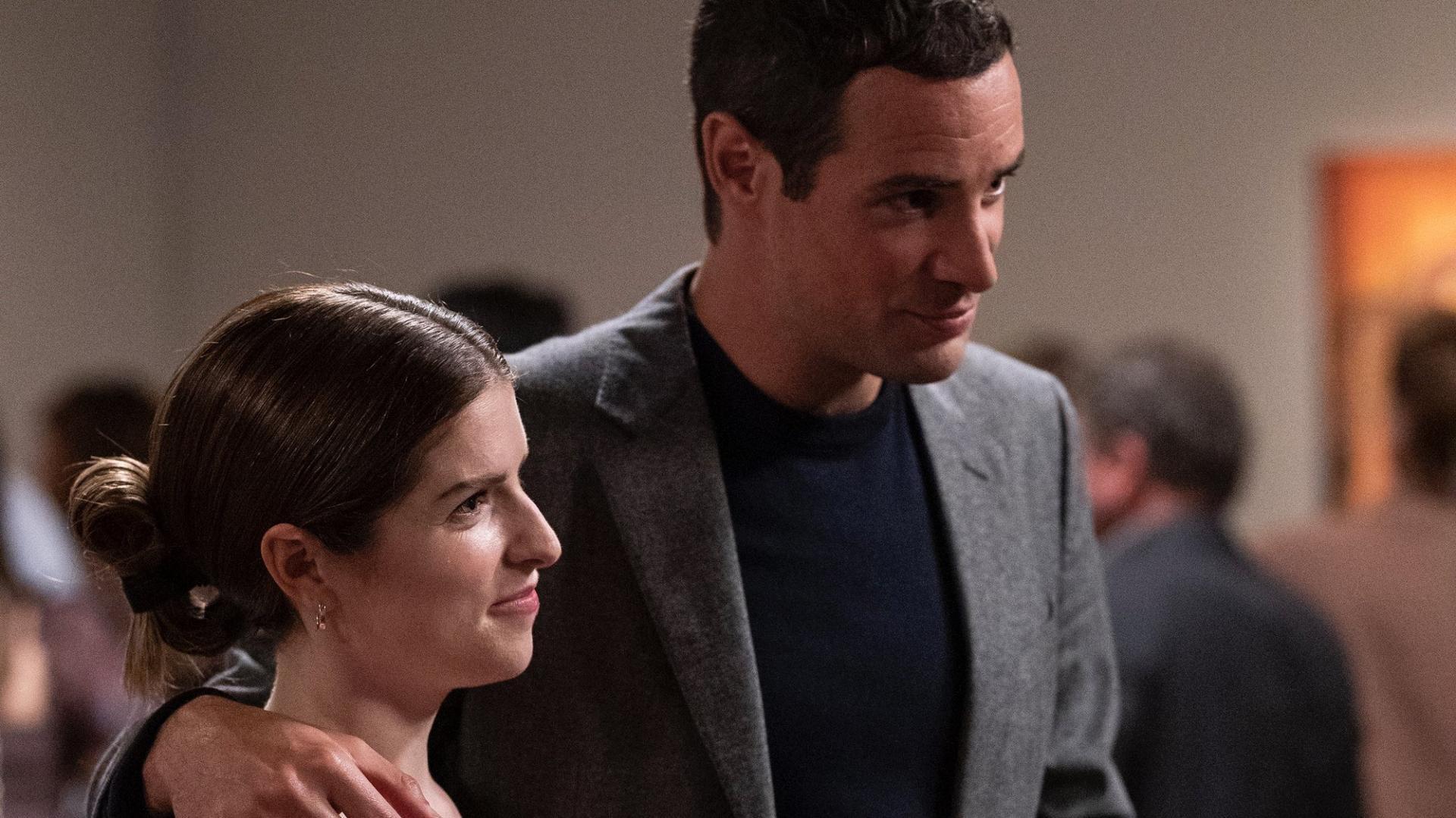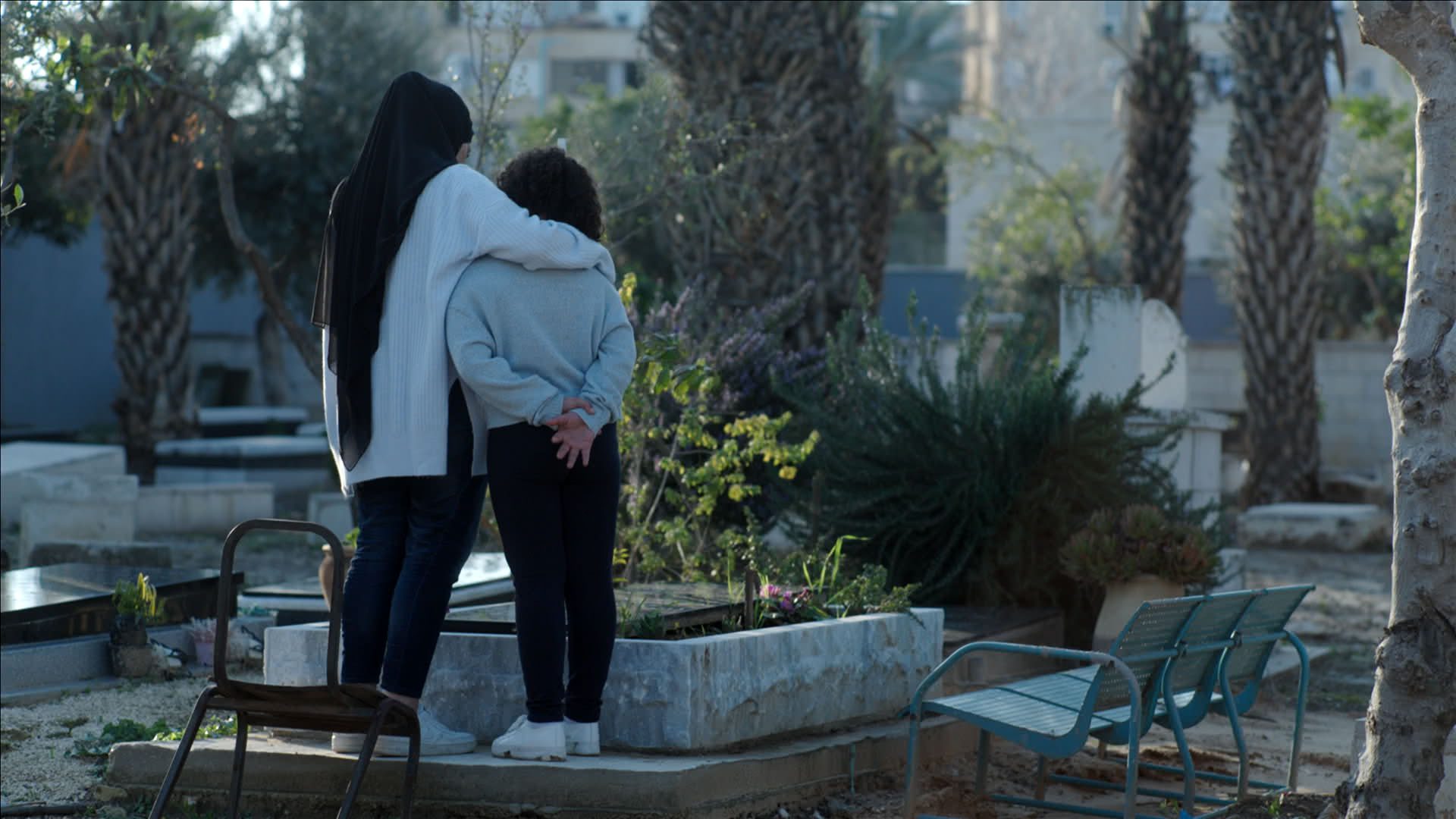
Someone once said that ?not all scars can be seen?. But, if true, that also means that they can be so much more difficult to heal.
In Alice, Darling, Alice (Anna Kendrick) is a hard-working woman in a committed relationship with Simon (Charlie Carrick). When she?s invited to join her friends for a weekend away at a cottage to celebrate her friend?s birthday, Alice becomes increasingly anxious about the trip. Nevertheless, her friends (played by Kaniehtiio Horn and Wunmi Mosaku) insist and she decides to join them. Even though the weather is beautiful and the scenery stunning, Alice struggles to feel present and she constantly checks her phone from messages from her man. As Alice?s secrets are revealed, her friends try to help her disconnect from the harmfulness that awaits her at home.
Directed by Mary Nighy, Alice, Darling is a challenging piece that helps provide a broader definition of the nature of ?hurt?. In a fascinating tension, Nighy uses the film?s setting to establish the differences between the two worlds. Although set primarily in the countryside, there is no doubt that Alice?s ties to the city loom largely. Despite wanting to relax during her time away for her friends birthday, she sits and stirs, fearing that her actions may have dire consequences when she gets home. Like the world around her, Alice is a divided person who can?t seem to break away.
Although the film features some strong performances by its entire past, especially from Mosaku and Horn, what makes the film most engaging is a particularly strong performance by Kendrick. As the titular Alice, Kendrick provides a particularly nuanced performance that balances between inner struggle and outward appearances. Alice may be all smiles when with her friends, but she hides in the bathroom, tearing out pieces of her hair as she battles anxiety and self-accusation. In these moments, Kendrick shows her range and skill as Alice?s pain slowly gains control.
And this is very much a film about control.

Although Alice argues that her boyfriend is ?never hurt her?, the viewers sees the poisonous effects of their relationship and the ways that it drains a piece of her soul. Through casual jabs that are designed to undermine her confidence, Simon remains fully in control of the relationship and Alice. Here, the hurt that he inflicts is neither physical nor verbal but consistent by way of the shame he inflicts upon her. Too often in films about toxic relationships, that harmfulness is obvious but Darling emphasizes the subtle ways that control can take root and the shame that can be absorbed because of it. With each snide or belittling remark, Alice believes increasingly that she is simply bad, despite having done nothing wrong. Buried under the weight of Simon?s disappointment, Alice has nowhere to put her shame and it eats away at her from the inside. In these moments, Nighy uses Alice?s experience to bring a broader definition of hurt into the spotlight. Simon may not be abusive in the traditional sense but he is constantly critical of his love, claiming that he knows her best. The damage here is difficult to quantify yet also difficult to watch.
What?s more, Darling is also a film about love. Highlighting pop culture?s emphasis on romantic love in our storytelling, the film helps the viewer to recognize that real love is grander than romance. Here, love is a place where one can find support and healing from the outside world and its brokenness. Using her friends as an anchor, Alice?s journey begins to find a spark of life once again as she rediscovers her worth. (However, whether or not she will fall to Simon?s poison once again is the film?s true question.)

In this way, there?s a heartbeat of hope within Alice, Darling, even in its darkest of moments. While the pain of abuse can be overwhelming, so too can it also be overcome with love and support from those who know us best.
Alice, Darling is available in theatres on Friday, December 30th, 2022.



